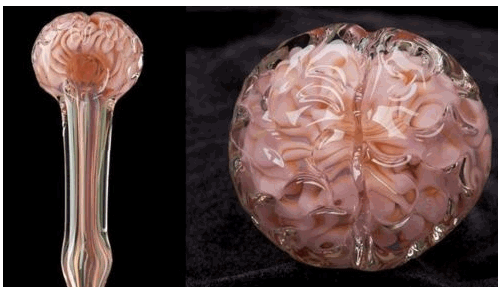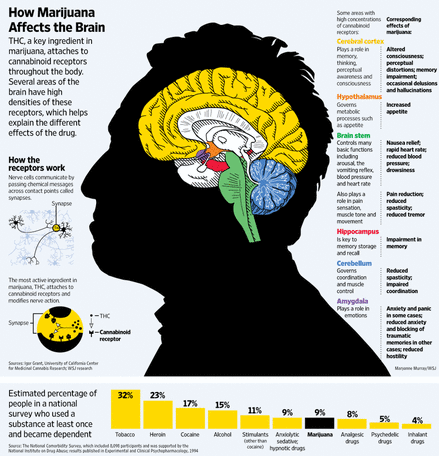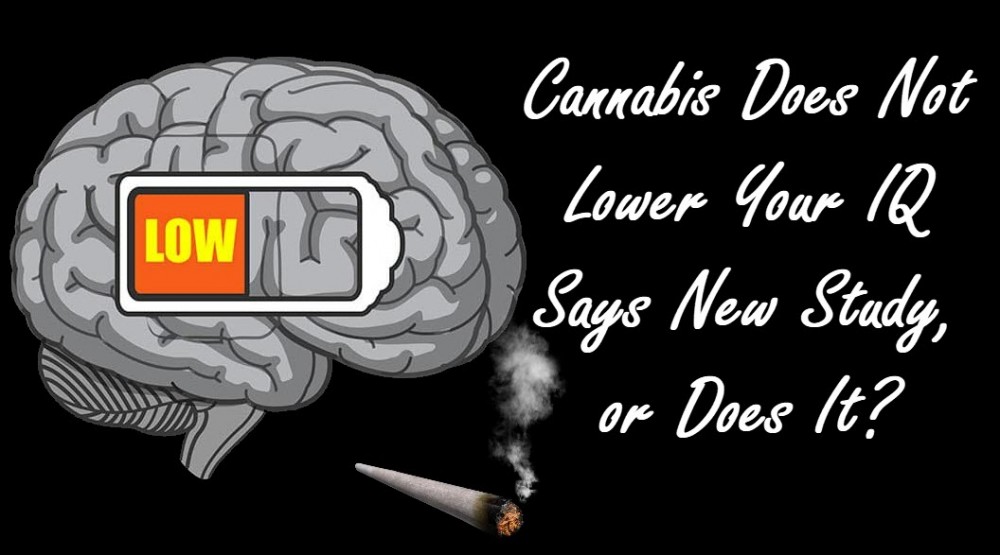New Study Says Cannabis Makes You Smarter, Not Dumber as Some Believe from CannabisNet on Vimeo.
Many false narratives exist about the cannabis plant and people that smoke weed.
Finally, a study to break the stigma that cannabis makes people dumb.
A study from the McLean Hospital discovers that cannabis won’t harm your brain. Instead, the herb can actually improve cognitive functioning. The study, which will continue for at least two years, is led by Staci Gruber PhD who heads the Marijuana Investigations for Neuroscientific Discovery (MIND). It is the first of its kind to measure the impact of medical cannabis on cognitive performance by measuring the participant’s cognitive performance in 3, 6, and 12 month intervals.

According to Gruber, “After three months of medical marijuana treatment, patients actually performed better, in terms of their ability to perform certain cognitive tasks, specifically those mediated by the frontal cortex.” The participants also reported improvements in many other areas such as better sleep, developments in specific ailments, and overall health. They also stated that cannabis use has led to a reduction in dependency for conventional medicine.
Gruber says that the group saw a 42% reduction in opiate use. “This is significant, particularly for those of us in Massachusetts and other areas of the country where the opioid epidemic is ravaging so many. This preliminary finding certainly warrants deeper and broader investigation,” she adds.
Gruber also says that there are factors that may have affected the findings, which included the age of the participants, differences in the chemical makeup of various cannabis products, and how cannabis products are used. Most cannabis products are designed to be low in THC which is responsible for getting you “high”, while they contain a large amount of other cannabinoids like CBD which may offset some of the side effects of THC. However, recreational cannabis is well-loved for its high THC content. The study analyzes the effects of different medical cannabis products that were used by the patients. Because of this, Gruber hopes to have a better understanding of the role that various cannabinoids play and how combining them can affect brain function.
Over the course of the study, Gruber hopes to learn more about the impact of these chemical differences. While the preliminary results have been released and published in Frontiers in Pharmacology, the study will continue to monitor the patients and will even have them undergo a multimodal neuroimaging component. The test will help the researchers identify the impact, if any, of cannabis on the brain structure and how this will in turn affect mood and cognition.
“As a clinical researcher, I’m not interested in exploring only the good or the bad, I’m only interested in the truth,” says Gruber. “That’s what our patients and our recreational users have a right to know and a right to expect from us. People are going to use it. It’s up to us to figure out the very best and safest ways in which they can do that.”
As of the time of writing, there have been 32 patients which have finalized screening procedures. Out of these, 24 medical cannabis users have already been enrolled in the study. In order to participate in the study, the participants are required to be naïve about cannabis but if they have had a history of using medical cannabis they should have abstained for at least 10 years to make sure that recent exposure to the herb doesn’t affect the results. Urinalysis was used to confirm the reports of patients who had previously used cannabis.
There are more studies today that indicate cannabis use can harm the brain especially if used by those who are still growing – such as adolescents. The McLean hospital study has proven to be a pivotal first step in analyzing the effects of cannabis on the brain and cognitive functioning.

Other Studies on Cannabis and the Brain
In the past, there have been other studies which have yielded positive results on how cannabis affects brain function. A 2013 study conducted by researchers at the University of Minnesota, which was published in the Journal of Clinical and Neuropsychology, discovered that college students who used cannabis actually scored better in their exams which tested verbal fluency and processing speed. “Marijuana use during this age span has been most strongly associated with cognitive impairment,” the researchers said.
In a 2001 study by Dr. Carl Heart of the New York State Psychiatric Institute, they analyzed the effects of both low and high doses of THC in chronic users. The results showed that neither kind of dosage impaired the attention of participants when compared to a placebo trial. In fact, participants who were exposed to high doses of THC showed significantly better performance in a task that required them to engage in visual tracking activities.
Hopefully, with more research in the near future, we’ll be able to better identify any flaws in past research studies and evaluate with greater accuracy how cannabis affects our brains, and the role that dosage plays.
OTHER STORIES THAT MAY INTEREST YOU...
CANNABIS TREATMENT FOR BRAIN INJURIES HAS BEGUN, CLICK HERE..
OR..

CANNABIS AND NOOTROPICS, WHICH WORKS BEST, CLICK HERE..
OR...
DOES CANNABIS LOWER OR RAISE YOUR IQ? NEW STUDY!







